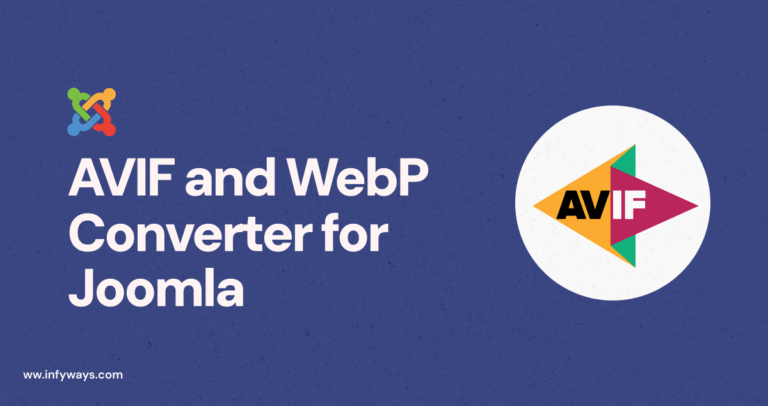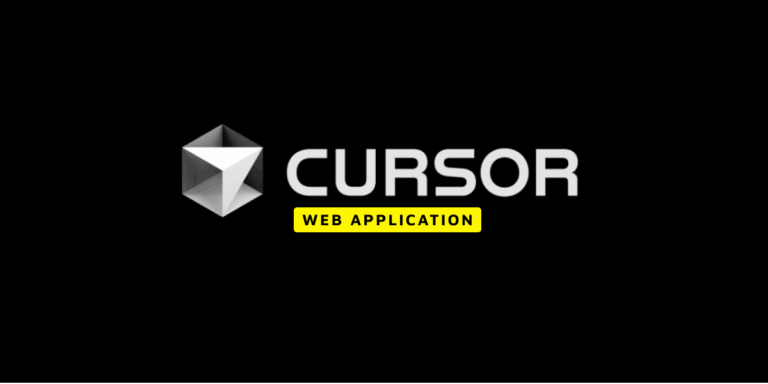When people talk about content management systems, WordPress often dominates the conversation. But if you dig deeper into the CMS world, you’ll find that Joomla is a powerhouse hiding in plain sight. It’s open-source, fast, flexible, and—here’s the kicker—it’s got some seriously underrated features and an even more fascinating origin story.
Whether you’re a developer, a business owner, or someone just curious about CMS platforms, these 10 lesser-known Joomla facts will surprise you—and maybe even make you consider switching.
Let’s dive in.
1. Joomla Was Born from a Rebellion
In 2005, Joomla didn’t just launch—it forked. It was born from a dramatic split with the Mambo CMS over issues of open-source values. The core developers walked out and started Joomla under the newly-formed Open Source Matters, and within 24 hours, more than 1,000 users joined their cause. That’s not just open source—that’s a movement.
2. The Name “Joomla” Means “All Together”
The word Joomla comes from the Swahili word “Jumla,” which means “all together” or “as a whole.” It perfectly captures the project’s philosophy of community-driven development. Fun fact? The name was selected through a community poll, proving Joomla was democratic from the very start.
3. It’s 100% Run by Volunteers
Unlike other CMS giants with corporate backing, Joomla is entirely maintained by volunteers. The Joomla! Project is run by hundreds of contributors worldwide—developers, designers, writers, testers—who believe in keeping the internet open and accessible.
4. Multilingual Support is Native, Not an Add-On
Joomla has native support for over 70 languages out of the box. No plugins. No hacks. Just pure multilingual goodness. If you’re building a global website, Joomla saves you hours of work (and potential plugin conflicts).
5. Joomla’s ACL System is a Hidden Superpower
ACL (Access Control List) sounds boring—until you realize how powerful it is. Joomla’s granular permission system lets you control exactly who can view, edit, create, or manage content. You can even restrict individual menu items. Most CMS platforms need premium plugins for that level of control. Joomla gives it to you for free.
6. Joomla Supports More Than Just MySQL
Everyone knows Joomla works with MySQL and MariaDB. But did you know it also supports PostgreSQL—and even Microsoft SQL Server (in earlier versions)? That’s serious flexibility, especially for enterprise environments.
Check out the official Joomla technical requirements to see supported databases.
7. It’s a Web Framework Too
Here’s something most people miss: Joomla isn’t just a CMS—it’s also a PHP framework. You can build custom web applications using Joomla’s architecture (MVC, libraries, classes, etc.), even if you’re not making a traditional website.
Explore the Joomla Framework if you’re building tools or apps beyond standard content sites.
8. Big Names Use Joomla (You Just Don’t Know It)
Joomla quietly powers some huge names:
- The President of Argentina’s official site
- Peugeot and Ikea regional portals
- Media brands like MTV Greece and Linux.com
It’s even been used by UN agencies and European governments. Joomla might not shout about it, but its resume is rock solid.
See more examples in this showcase directory.
9. Pizza, Bugs & Fun – That’s How Joomla Rolls
What’s better than fixing bugs? Fixing bugs with pizza. The Joomla community organizes events called Pizza, Bugs & Fun (PBF), where contributors gather to squash bugs, eat pizza, and hang out. It’s part hackathon, part social, all community.
10. Joomla Has a Better Security Record Than You Think
WordPress gets attacked because of its massive market share—but Joomla is often overlooked in a good way. According to Sucuri’s Website Hack Trend Report, Joomla sites made up less than 2% of infected websites in 2022. Compare that to WordPress’s 96.2% share, and Joomla’s strong security posture starts to shine.
Final Thoughts
Joomla isn’t just an alternative to WordPress or Drupal—it’s a serious contender with a unique story, a rich feature set, and a global community that truly cares.
If you haven’t looked at Joomla in a while, now’s the time.
From native multilingual support to a surprisingly strong security track record, Joomla proves that sometimes the best tools aren’t the loudest—they’re just quietly doing the work.
Have a Joomla site? Thinking of building one? Drop your thoughts in the comments below.




